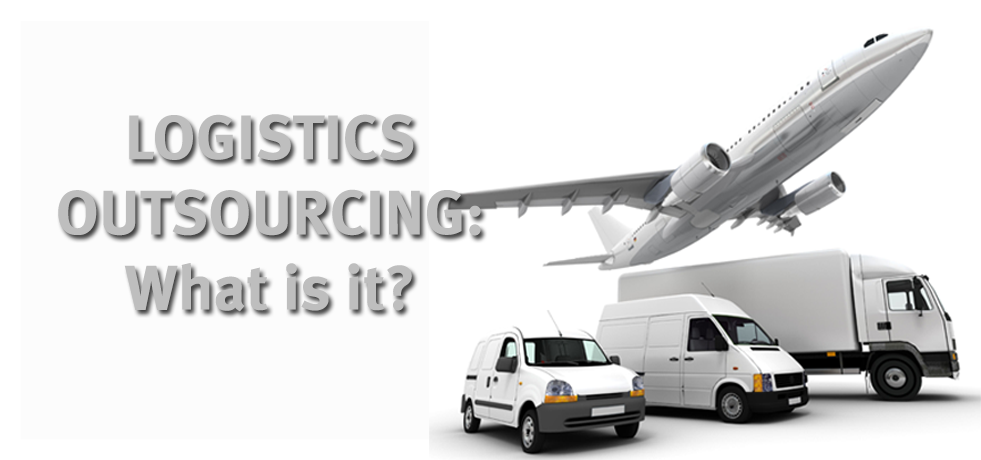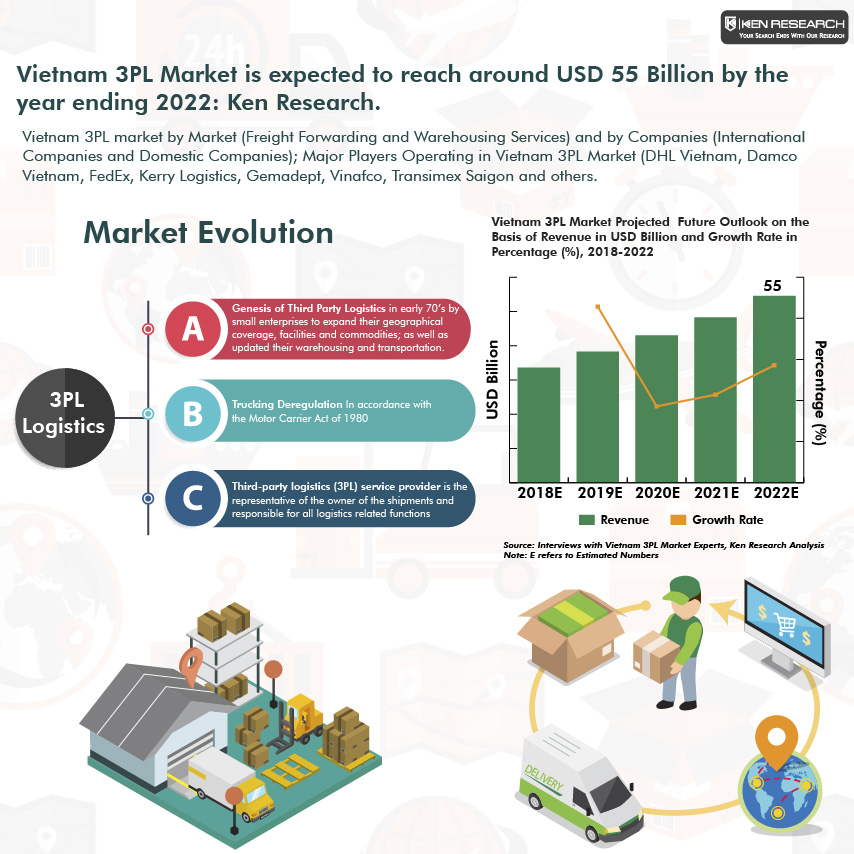
Outsourcing is simply understood as the migration of business processes within an organization to outside service providers. In essence, this is a strategy to exclude none core competency functions to focus resources on key businesses of enterprises. Logistics outsourcing is the use of external logistics service providers (2PL, 3PL, 4PL) on behalf of enterprises to organize and implement logistics activities.
Importance and trend of outsourcing logistics services in Vietnam
Outsourcing logistics brings many benefits to businesses. The first is to help reduce investment capital and reduce costs, because logistics service providers have good technical facilities and technology, and the ability to meet diverse customer needs at large scale, so we can achieve benefits. Thanks to scale, it is possible to provide the same service at a lower cost than self-employed businesses.
Helping to improve the quality of customer service and speed up the movement of goods, because logistics service providers are professional logistics organizations, they have high expertise and can best respond to them. the need to improve the quality of customer service for businesses.
Developing business relationships and strengthening management skills, outsourcing requires developing communication skills and the process of cooperating with many logistics service providers and other businesses participating in the business. joint.
Increasing access to information with an ever-changing environment, outsourcing logistics not only requires sharing information with suppliers, but also has to capture and analyze external environmental information well, helping to promote Enterprises adapt better. Among the above benefits, the ability to reduce costs and improve service quality are top benefits of businesses.
Asian countries are also a vibrant logistics outsourcing market, in which Vietnam and ASEAN are considered as young market areas with great growth potential.
Research on the use of logistics services by SCM company in 2008, shows that the proportion of Vietnamese enterprises outsourcing logistics is quite large, with the leading companies trading in consumer packaged goods (40%) and seafood (23%). The most outsourced logistics services are domestic transport (100%), forwarding, warehousing (73-77%), customs clearance (68%), and international transportation (59%). The study also shows that outsourced logistics services results for businesses, led by the benefits of cost reduction, reduction in investment and speed up movement of goods.

Choose logistics outsourcing strategy
There are limitations when outsourcing logistics services in enterprises focusing mainly on two groups are costs and service quality of providers. This seems to push the direction of innovation towards suppliers, but from the perspective of logistics experts, outsourcing is not just technology and engineering, but strategy. Therefore, outsourcing logistics needs to match with the budget, resources, business type of the business and to be effective, it must also make good use of the 3PL provider’s capacity. Thus, outsourcing is only necessary and feasible if enterprises know how to combine their strengths with logistics service providers, act as a coordinator and actively control the cooperation process between the parties.
Therefore, an effective logistics outsourcing strategy must firstly begin with choosing exactly which activities in the logistics chain can or need to be outsourced, which activities need to be done by themselves or cannot be hired. out. The second is to identify an appropriate 3PL service provider, not only helping businesses make the most of their professional skills to support their services but also helping to overcome the disadvantages of outsourcing.

